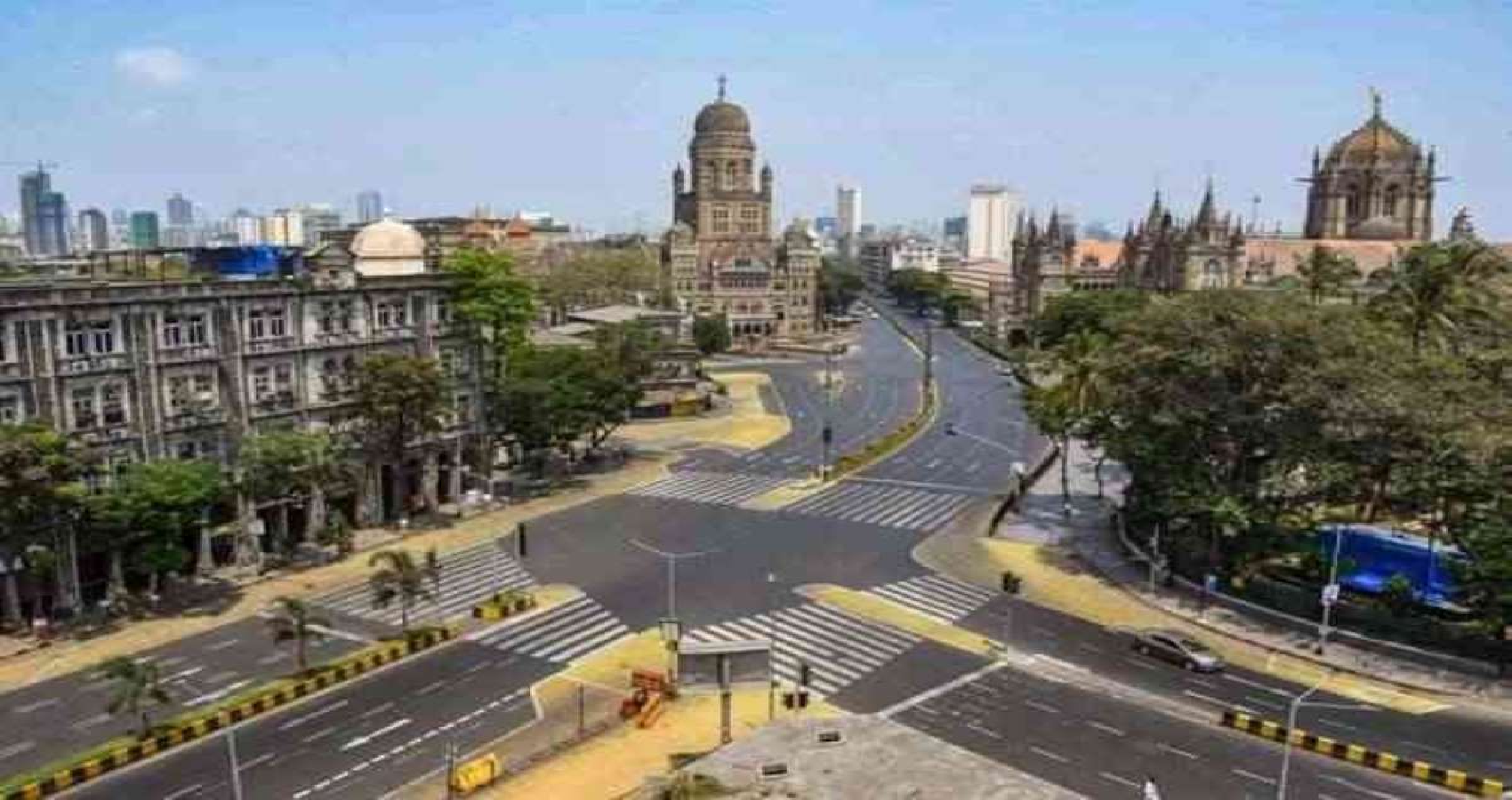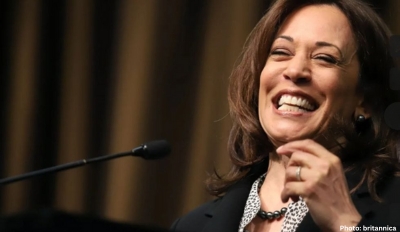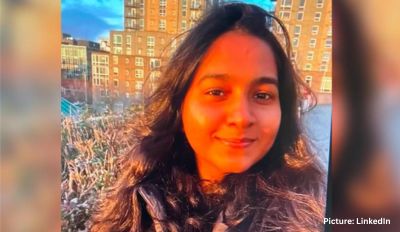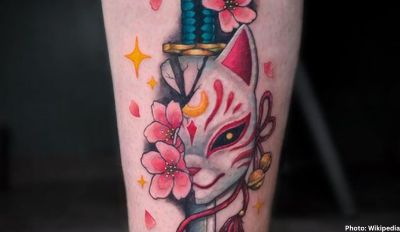India has been battling a severe second wave of the coronavirus pandemic, and in order to stop the rapid spread of the virus, several states in the country are announcing either lockdowns or restrictions on movement of people. Across India, several states have placed curbs, with West Bengal on Saturday becoming the largest state in the country to impose a lockdown, according to media reports.
Here is a look at the states that have extended restrictions to curb the spread of the virus:
Delhi: The ongoing lockdown in Delhi has been extended till the morning of May 31. CM Kejriwal stated that they will begin the unlock procedure in a phased manner thereon if Covid-19 cases continue to decrease.
Uttar Pradesh: The statewide curfew in UP has been extended till 7 am on May 31, which was earlier to set to end on May 24. Coronavirus vaccination drive, industrial activities and other essential services have been exempted, according to the official statement.
Kerala: The ongoing lockdown in the state has been extended till May 30, Chief Minister PinarayiVijayan announced on Friday. While a triple lockdown will continue in Malappuram district, the strict restrictions have been relaxed in Thiruvananthapuram, Ernakulam and Thrissur.
Tamil Nadu: The state government extended the ongoing lockdown for another week, starting May 24, with more stringent measures. E-commerce will be allowed to function from 8 am to 6 pm, and vegetables and fruits will be distributed to the public on vehicles through Tamil Nadu’s Horticulture department.
Karnataka: The state government has extended the lockdown till 6 am on June 7. Chief Minister B S Yediyurappa clarified that there are no changes in the current restrictions and the lockdown would continue as it had been since April 27.
Jammu and Kashmir: The corona curfew has been extended till 7 am on May 31, the Department of Information and Public Relations tweeted on Saturday. Essential services have been exempted.
Gujarat: Chief Minister Vijay Rupani announced that night curfew will be enforced in 36 cities from 8 pm to 6 am till May 28th. All essential services will continue during these restrictions.
Goa: Chief Minister PramodSawant on Friday announced the extension of a statewide curfew till May 31, prohibiting a gathering of five or more persons in public.
Maharashtra: Maharashtra’s lockdown-like restrictions will continue to be in place till 7 am on June 1, as per the latest announcement. The new restrictions include a mandatory negative RT-PCR test report for those entering the state.
Haryana: The state government on Sunday extended the statewide lockdown till May 31. Standalone shops are allowed to open during the day when the night curfew is not in operation and other shops are allowed to open from 7 am to 12 pm on odd-even basis. However, shopping malls will continue to remain shut till 5 am on May 31.
Jharkhand: The partial lockdown imposed in Jharkhand will continue to be in place till May 27 with some additional restrictions. Movement of inter-state and intra-state buses were restricted while private vehicles are allowed to move only with e-passes issued by the district administration.
Chhattisgarh: The state will remain under lockdown till May 31 until further announcement.
Rajasthan: The Covid-19 triggered lockdown imposed in the state has been extended till June 8.
West Bengal: West Bengal government announced that a complete lockdown would remain in place throughout the state, beginning from 6 am ending at 6 pm on May 30, meaning that the residents would be placed under a state of complete lockdown for about 15 days. Apart from this, a night curfew would also remain in place from 9 pm to 5 am in the state.
Himachal Pradesh has also announced an extension of curfew restrictions across the state till May 26.
Maharashtra: The state would remain under lockdown-like restrictions till the morning of June 1, and under the new rules, people entering the state would have to have a mandatory negative RT-PCR test. Apart from this, the state has also placed curbs on people arriving from “sensitive origins”.











